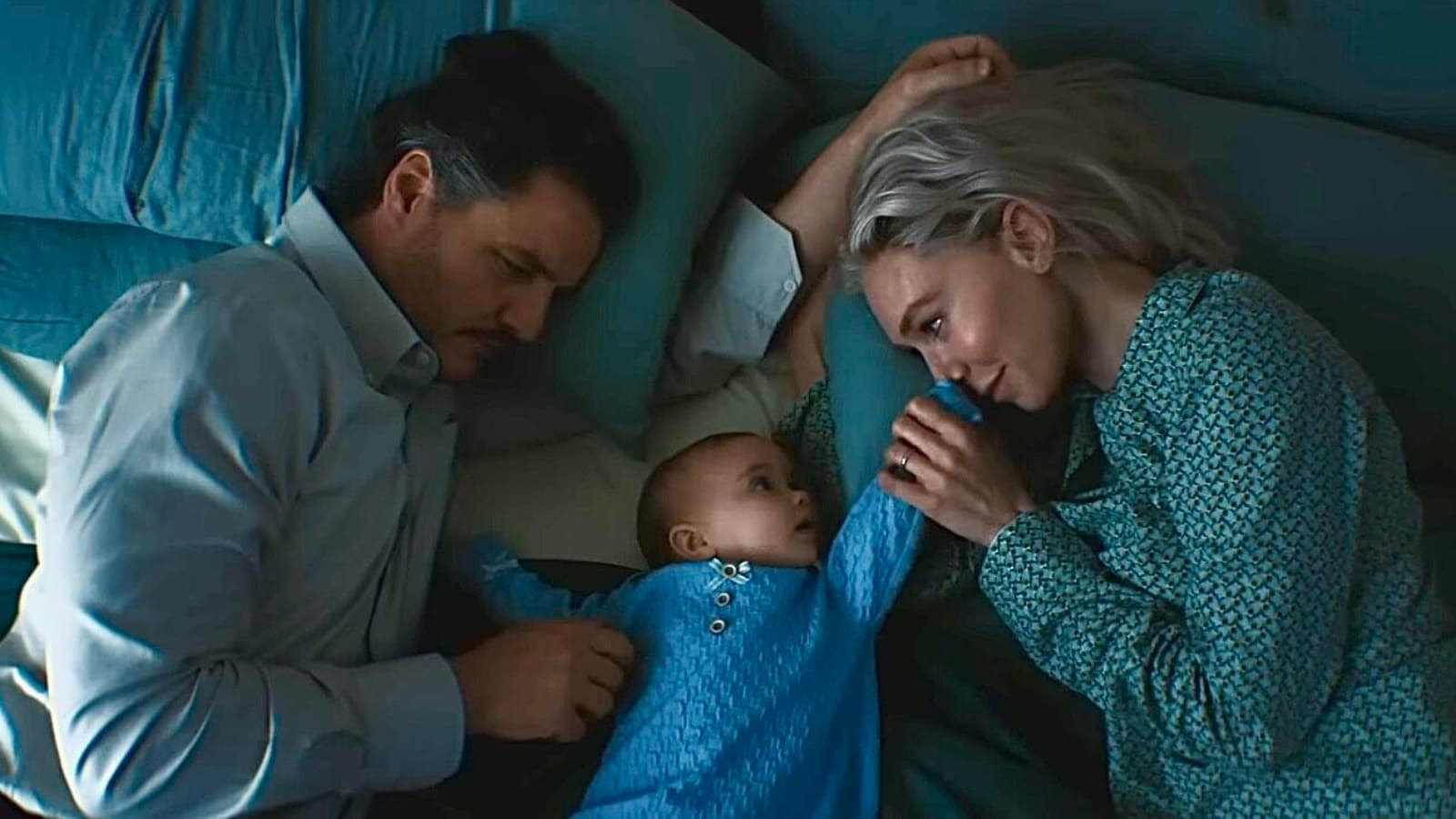Will there be an Old Guard 3? Charlize Theron talks future of Netflix franchise as sequel expands its mythology
Netflix delivered a surprise phenomenon in 2020 with The Old Guard, a sleek blend of myth, modern warfare, and soul-searching drama. At its center was Charlize Theron’s Andy, a war-weary immortal whose centuries-long journey explored loyalty, pain, and purpose. Directed by Gina Prince-Bythewood, the film struck a rare balance between superhero spectacle and emotional depth—earning a place as one of Netflix’s most-watched originals ever.
Charlize Theron reflects on The Old Guard 2’s legacy and hints at Netflix’s plans for a third film after another cliffhanger ending.
Netflix
A return to this world seemed uncertain, as even Theron admitted she never expected to make a sequel. Yet five years later, The Old Guard 2 has arrived. The original cast—including KiKi Layne, Marwan Kenzari, and Luca Marinelli—reunites under new director Victoria Mahoney, who brings a sharp, kinetic energy to the screen. With new additions like Henry Golding and Uma Thurman, the sequel dives deeper into the universe’s ancient lore, introducing new characters, threats, and concepts of immortality.
Mahoney’s direction offers visual clarity and muscular action sequences, notably a breathless opening set piece staged at a villa on Lake Como. Gunfire, car chases, and close-quarters combat unfold with elegance and tension. The sequence sets an ambitious tone that the rest of the film occasionally struggles to match.
Theron’s Andy, now mortal after the events of the first film, must navigate her new vulnerability. A mortal warrior among immortals, she partners closely with Nile (KiKi Layne), whose growth into a confident and capable leader becomes one of the sequel’s emotional anchors. Their evolving relationship forms a compelling contrast to the emerging threat: Quỳnh.
Long thought lost, Quỳnh (Veronica Ngô) has returned—not as a friend, but a fractured soul filled with pain and rage. Drowned and revived over centuries, her torment has twisted into resentment. Her reentry into the world unleashes deep tension with Andy, culminating in a shadowy Roman alley fight that is among the film’s most emotionally charged scenes. Each blow carries the weight of betrayal, regret, and unresolved love.
Additional mythology arrives through Tuah, played by Henry Golding—a former immortal who has dedicated centuries to chronicling the secret impact of their kind on world history. His presence lends historical texture and helps introduce the film’s shadowy new antagonist, Discord, portrayed with icy menace by Uma Thurman. A figure who predates even Andy, Discord manipulates world events from the shadows, amassing influence through patience and strategy.
Charlize Theron again anchors the narrative with gritty conviction and quiet weariness. Her physicality remains unmatched, and her portrayal of Andy now contains a fragile edge as she adapts to life without eternal regeneration. Nile continues to evolve, becoming Andy’s emotional counterbalance and narrative heir. Layne’s performance adds levity and optimism to a story steeped in centuries of sorrow.
Joe and Nicky (Kenzari and Marinelli), whose romance was a standout of the original, return with quieter emotional beats this time. Their bond remains palpable, but the film offers fewer intimate moments. One scene—a gentle forehead touch—hints at their connection without fully embracing it. Even so, their presence continues to stand as a rare, sincere portrayal of queer love in genre cinema.
Action choreography favors grounded, body-to-body combat. CGI is used sparingly. One standout battle between Andy and Quỳnh shows how pain, history, and unresolved emotion can drive every punch. These sequences feel personal, emphasizing bruises over bombast.
A philosophical thread runs beneath the action through a new mechanic: the possibility of transferring immortality. This concept forces characters to consider mortality, legacy, and sacrifice—questions that elevate the story beyond pure genre fare.
The final act transports the team to an Indonesian nuclear facility controlled by a rogue Chinese syndicate. The climactic showdown delivers high-tech weaponry, sabotage, and a long-awaited duel between Andy and Discord. This confrontation, though visually intense, falls short of emotional payoff. Without deeper narrative buildup, the face-off between Theron and Thurman feels more like spectacle than catharsis.
Open-ended storylines linger as the credits roll. Quỳnh’s future remains uncertain. Discord’s true motivations remain partially concealed. Nile’s leadership potential is left to blossom. A third installment feels necessary—not simply to escalate the action, but to complete the story's emotional arcs.
Netflix has not officially confirmed a third film. Charlize Theron, who also serves as producer, remains cautiously optimistic:
“We’re proud of what we made, but we’re not taking anything for granted. If fans respond, maybe we’ll get to finish the story.”
Audience reaction may determine what happens next. The first Old Guard film drew acclaim for its genre reinvention and emotional weight. The sequel, while ambitious and well-executed, trades a measure of heart for lore and scale. Fans hoping for a trilogy capstone are likely hoping Netflix recognizes the value of both.
Theron, who has spoken openly about the physical toll of these action roles, recently completed another Netflix thriller, Apex, and will soon join the cast of Christopher Nolan’s The Odyssey as the sorceress Circe. Still, The Old Guard remains close to her heart.
“There’s more to explore here,” she says. “But we only want to move forward if it has the same integrity.”
The world of The Old Guard continues to expand. If there’s one thing this immortal saga proves, it’s that the story is never truly over—especially when the future remains unwritten.










